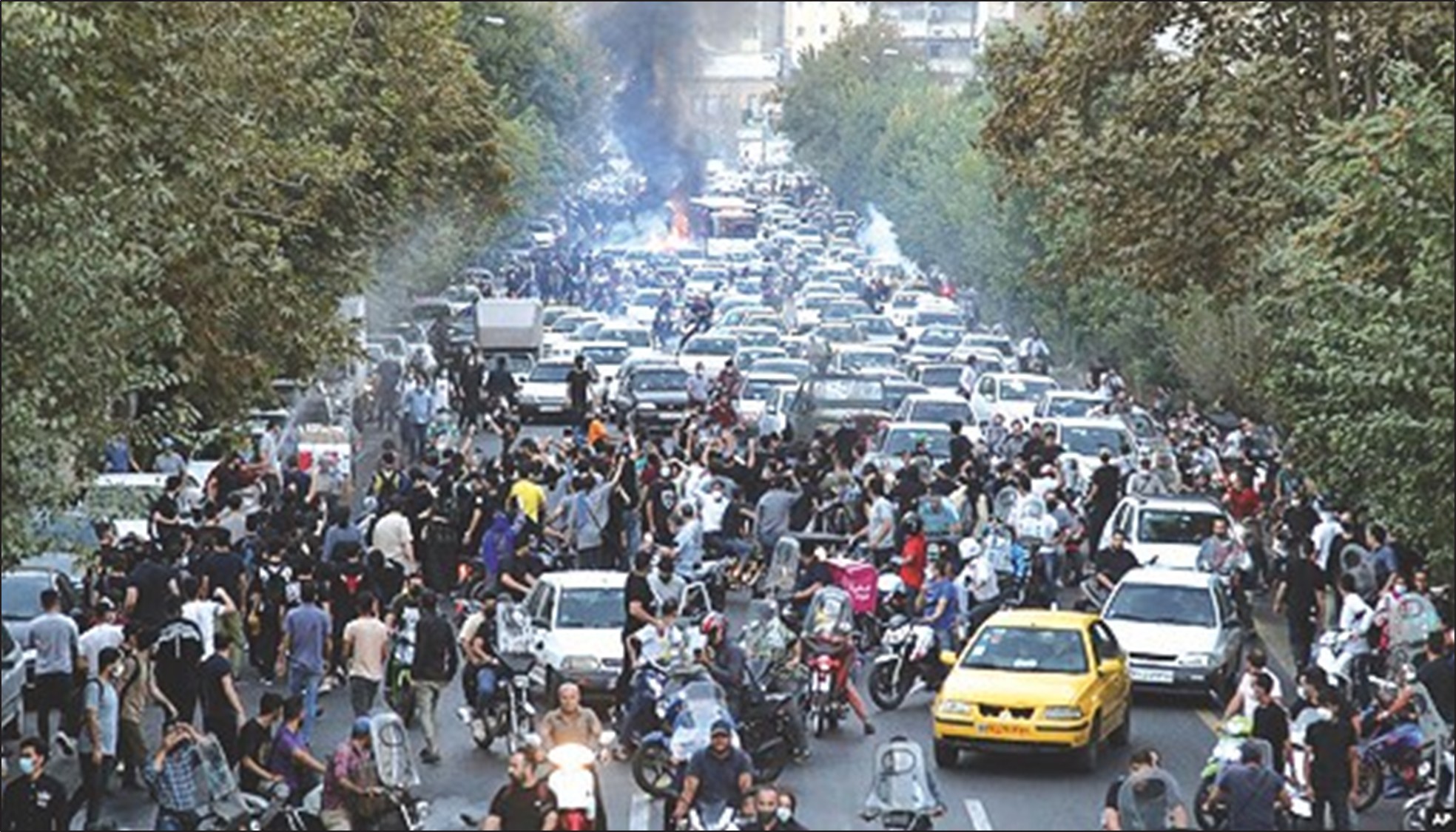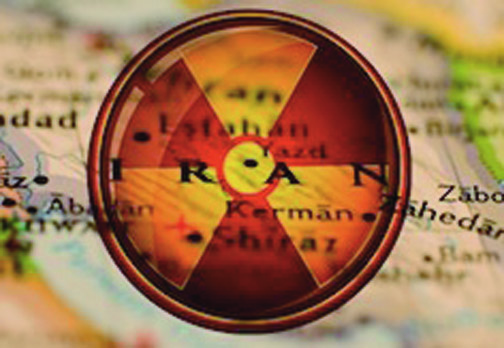November 29 2013
By Patrick Clawson and Mehdi Khalaji
There is a broad consensus among Iran’s elite that a nuclear deal with Washington would serve Iran’s hegemonic objectives. In this view, the real barrier to such a nuclear accord is not the United States but Europe and Israel, supported by the Saudis.
The ongoing nuclear talks are playing very differently in Tehran than did the past few nuclear accords. The 2003 short-lived enrichment freeze, the even shorter-lived 2004 Paris accords to resume that freeze and the abortive 2009 Tehran Research Reactor deal to reduce Iran’s stockpiles of enriched uranium all received much sniping. But now there is more consensus in Iran than at almost any time since the 1979 revolution. Especially since the turmoil that followed the disputed presidential election of 2009, supreme leader Ayatollah Ali Khamenei has been deeply concerned about the West’s efforts to subvert the regime by supporting human rights and democratic movement in Iran. He has emphasized consensus among elites and popular support, hence his tacit acquiescence in the election of Hassan Rouhani. Iranian reformers have largely bought in to the theme of domestic consensus, fearful that pushing too hard for change would lead to civil war, as in Syria, or a military coup, as in Egypt. Reformers are focused on improving the economy first, with democracy to be addressed later.
This is the context in which Rouhani was elected president in June, promising to use diplomacy to achieve the easing of the sanctions on Iran without halting the country’s nuclear program. During the two rounds of Geneva negotiations since his election, Rouhani’s team has argued at home that not only can it go far toward these objectives but also that the United States and Iran are edging toward strategic cooperation. Many Iranian hard-liners are ready to accept a nuclear deal on the grounds that the West — especially Barack Obama — places so much importance on reducing the threat of weapons of mass destruction that Iran’s human rights abuse and democracy deficit would be ignored in return for a deal.
It is possible an accord would herald a change in Iranian policy. The Islamic Republic has evolved in more surprising ways. Khamenei, for example, warned for many years about the dangers of Western cultural invasion. Well, the invasion happened. As Israeli Prime Minister Benjamin Netanyahu discovered in October from the global laughter that greeted his outdated comments about Iranians lacking blue jeans, Iran has experienced a profound cultural revolution in the past 15 years. An optimistic interpretation would be that the Islamic Republic is on track to become less revolutionary — less actively supporting terrorism, less prepared to interfere in the internal affairs of other states, less committed to an anti-Western agenda — and driven more by state interest than by ideological imperatives. Instead, it would become more like a typical corrupt, authoritarian Middle Eastern country: periodically meddling in its neighbors’ affairs and refusing to accept Israel but not particularly active in making trouble.
That optimistic interpretation, however, is not the most likely. In high-profile speeches, Khamenei has been laying the groundwork to walk away from any deal by warning that the West is untrustworthy and will not deliver on its promises — the same reasons he gave for walking away from the earlier nuclear deals. Israel has good reason to worry that the economic sanctions will be eased, reducing the pressure on Iran such that whatever the West presents as the first temporary step is never followed by another step, meaning that Tehran never accepts more limits on its nuclear program. Saudi Arabia has equally solid grounds to worry that, in return for a nuclear deal, Iran would get a free hand to pursue its hegemonic agenda in the region and consolidate its influence in Syria and Iraq. And Iranian democrats are right to fear that any accord with the West would herald renewed vigor for the Islamic Republic. After all, Rouhani has done little to improve human rights, as evidenced by the increased pace of executions since he took office.
Israel, the Gulf states and Iranian democrats will be reassured only by vigorous U.S. actions to address their concerns: efforts to persuade allies to threaten more sanctions to show Iran how bad things would get in the absence of a more far-reaching permanent accord; efforts to shore up those resisting or opposing Iranian proxies such as Syrian President Bashar al-Assad; and efforts to put renewed muscle behind outreach in support of Iranian democracy. The challenge for the Obama administration is to take steps that would make a nuclear accord a success for U.S. interests rather than facilitate the Islamic Republic’s hegemony at home and in the region.
Patrick Clawson is director of research at the Washington Institute for Near East Policy, where Mehdi Khalaji is a senior fellow.
























